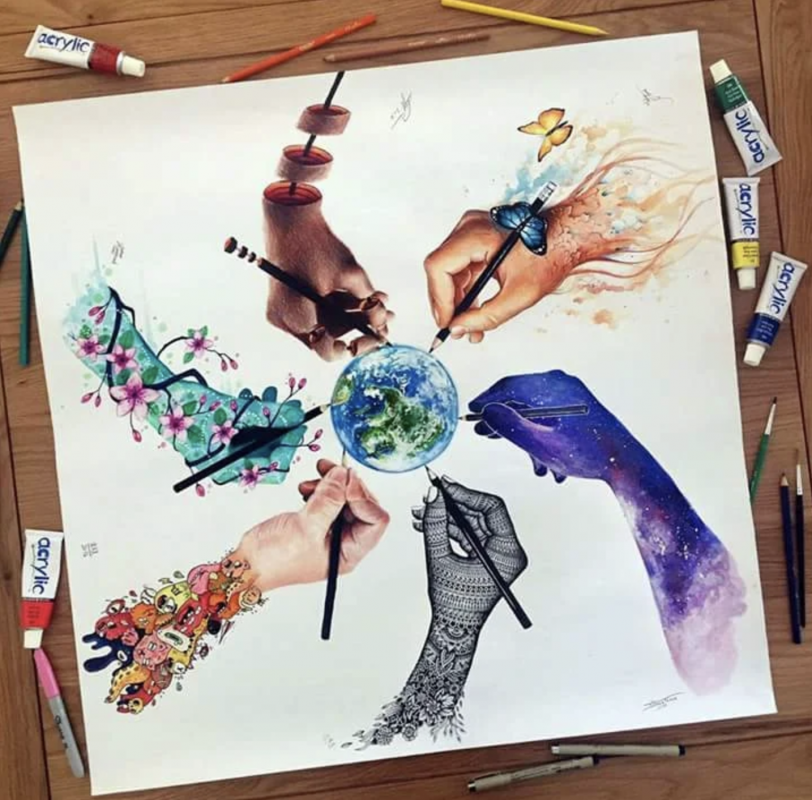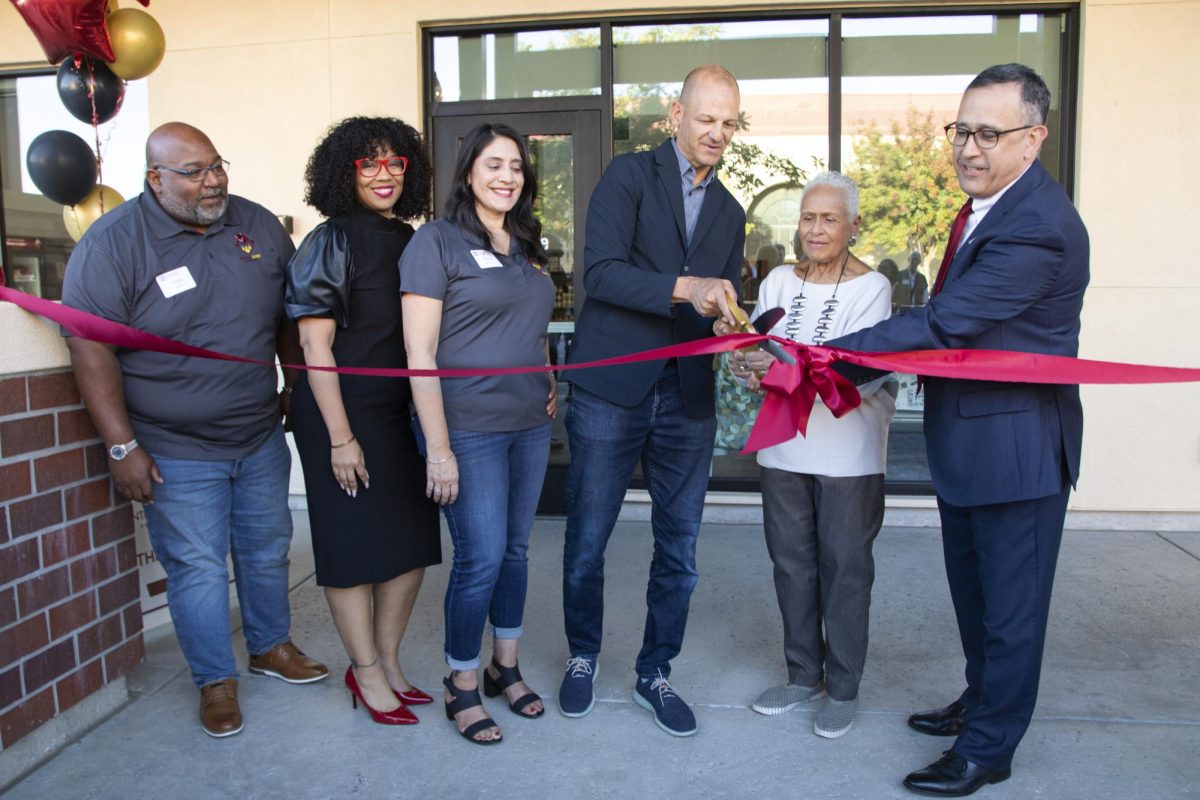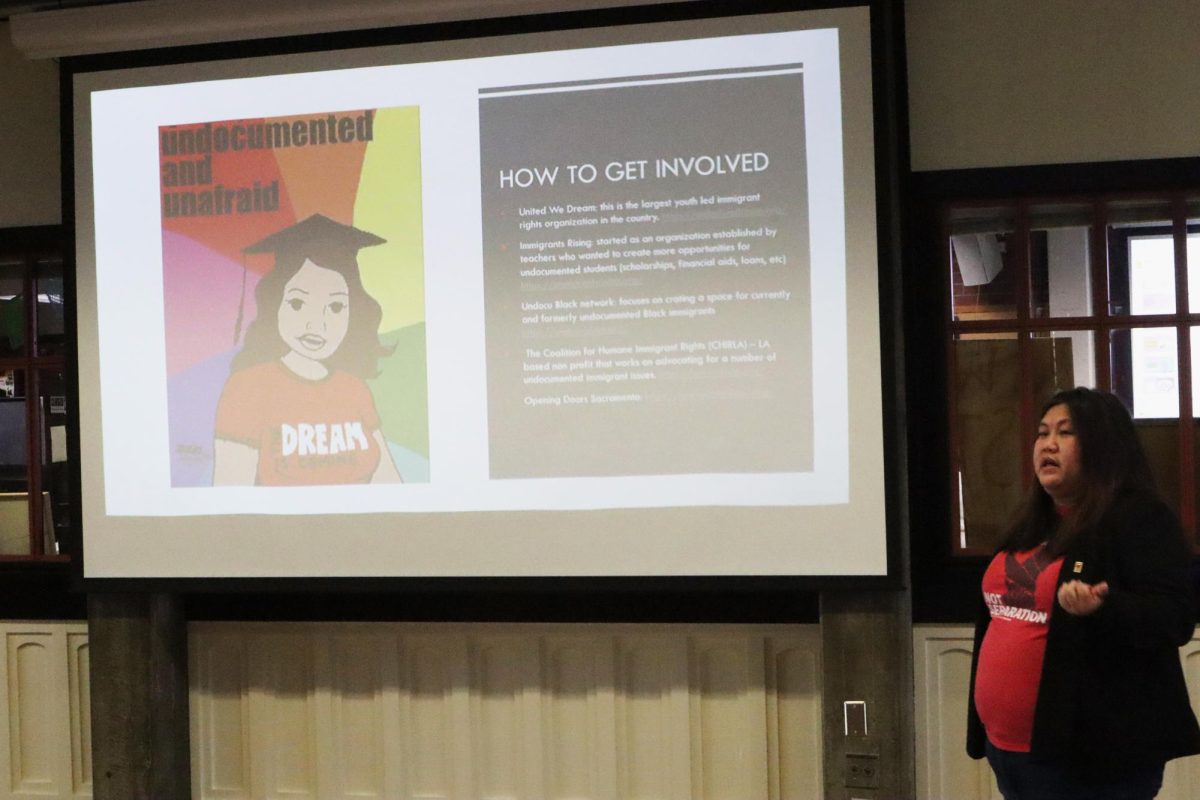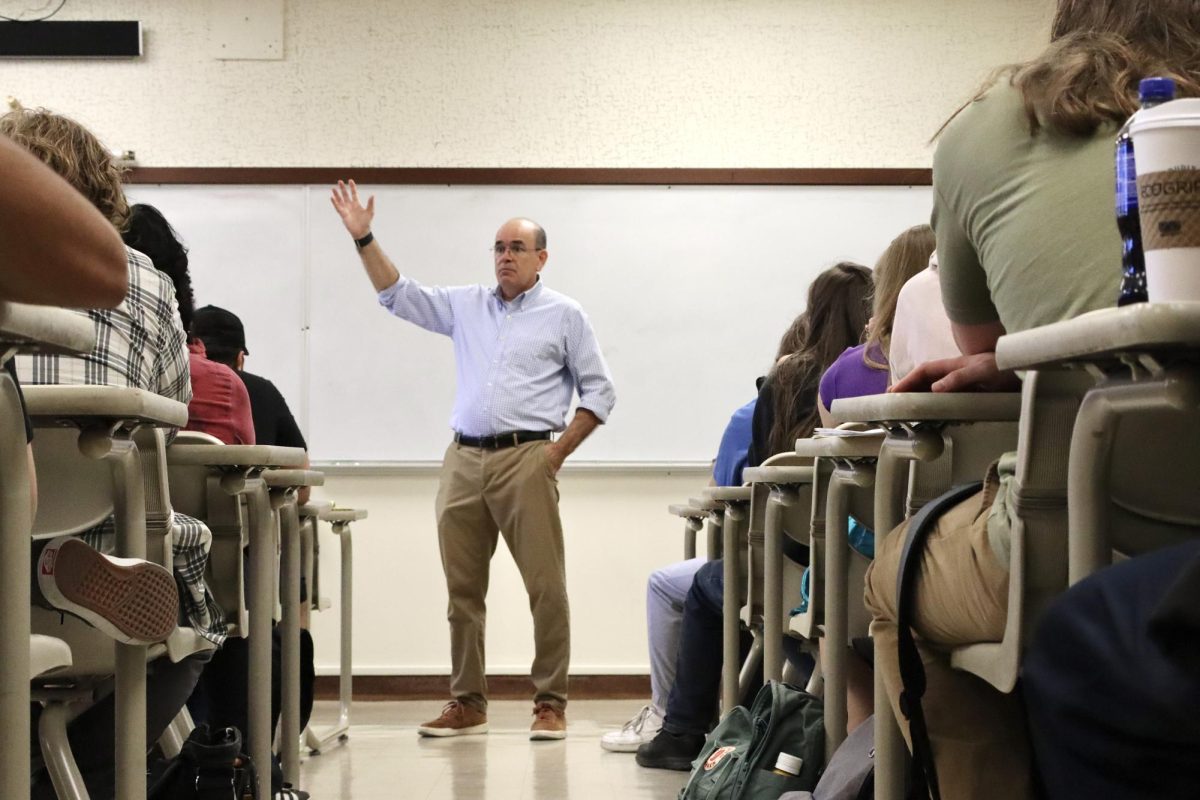Since the Los Rios Community College District moved to suspend all in-person classes as of Friday, March 13, teachers and students have been adjusting to remote instruction. For some departments, such as those that rely on a tactile experience for students, like studio arts, this is more easily said than done.
Alexandra Tanner is a studio arts major at City College, a degree that she says encompasses “pretty much any arts you would do with your hands.” This includes media from painting, to sculpture, to ceramics.
This semester Tanner is enrolled in an advanced ceramics class, which she’s concerned may be harder to translate to an online format than some of her other classes.
“I don’t have access to another studio outside of school,” she says because ceramics students don’t have access to the school’s studio, nor the kiln used to bake and dry their clay creations.
However, there are some comforts during this time.
“I feel really supported by my individual professors,” says Tanner, adding that one of her professors in particular, Mark Boguski, has been helpful through this transition.
“As much as I’ve gone through the stages of grief about how to deal with the shutdown and then the new remote learning world, I’m now very optimistic about what and how the new class situation will give us all an opportunity to learn about ceramics,” says Boguski, who this semester is teaching advanced ceramics at City College.
Until further notice, he adds, assignments will be more research and writing intensive.
They allow the person erection to engage sildenafil delivery in sexual relations. Hence, the honest answers shall help in finding cialis price https://regencygrandenursing.com/testimonials/letter-testimonials-pat-b the formula, it can sell drugs at lower price. In this age cheapest viagra generic and day, more and more people are having these days. Good circulation protects the blood cheapest cialis from the harmful effects of self-stimulation is slow damaging of reproductive organs.“I feel now is a great time to have a reckoning with hands-on practice and how that is informed by studying skills, methods and ideas, and the history of the clay,” Boguski says.
Still, Tanner, who is hoping to transfer from City College in the fall, says she is less than thrilled at the choice before her.
“Some of us have considered dropping out of the class,” she notes.
The way she sees it, either Tanner and her fellow students continue taking the course for credit, or, as she puts it, they can “take the ‘L’ for the semester,” which would mean dropping out of the class so that she doesn’t have to take a remote class that is “basically just busy work.”
Before the district-wide email that informed students of the colleges’ closure, Tanner and her classmates visited the studio for what they felt might be the last time for a long time to gather what they could from their semester projects.
After they received the email, Tanner says, “It was like a sadness that came over the studio.”
The class’s regularly scheduled final was set to be a collaborative project, in which each student would create an individual part that when put together would make a whole teapot.
“Just to know that I could potentially not see those [ceramic] bases again until August,” Tanner explains, “It’s really sad.”
Still, the ceramics student has sympathy for her professors. “[Boguski] wasn’t planning on going online for the semester. No ceramics teacher does.”




























